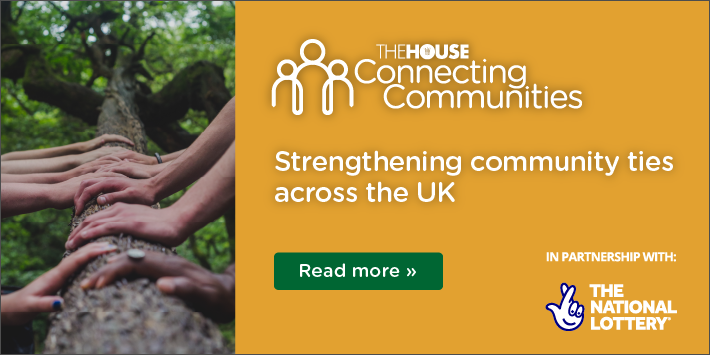We must channel our Tokyo 2020 celebrations into combating the daily issues disabled people face
3 min read
There has been much debate around what a delayed Tokyo Games would look and feel like. The buzz from the Olympics certainly fed through to the Paralympics and both Games raised the spirits of the nation at a time when it was sorely needed.
No one starts their sporting career wanting to be the ‘most medalled’ but winning the first or last medals of the Games and a host of other milestones are in the nice to have category.
Having witnessed the impact of funding on the performances of both teams there was a level of excitement leading up to the 1000th medal that was won from Summer and Winter Games since the introduction of National Lottery funding in 1997. Working in the media, we had a spreadsheet of who it might be and diligently watched the results come through. George Peasgood, who is probably better known for being a triathlete, won a silver in the road racing time trial and now owns this title. A record which will stay with him forever.
There were other records broken along the way too. At the end of the Games, ParalympicsGB won medals in 18 out of the 19 sports they entered. A record for any Paralympic nation which is something to be proud of when you consider how many bigger nations are out there, with far bigger talent pools. But, it also adds to the pressure of what future planning needs to look like.
The Games are incredible, but they cannot change our nation’s levels of physical activity on their own. They provide wonderful sporting moments that many will remember for years to come, and will inspire a few, but we need a more radical change in the way we think about our nation’s health.
There are challenges for disabled people to be able to access and participate in sports in terms of physical access, transport, and not least, disabled people themselves seeing it as a viable option. This is important, as there needs to be a far wider base to the pyramid of participation than currently exists.
Ensuring that there is a more accurate portrayal in all forms of media is also important. It has been quite exciting this year to see more disabled people in adverts but as ever, there is more that is needed to be done.
Being a Paralympian should not be the only aspiration for disabled people but sometimes, because it's the highest profile of disabled people in the media, it is. However, the Paralympic pathway is not for everyone, and we need joined up thinking to ensure we are tackling every day challenges disabled people face such as, the unemployment gap (twice the national average), and accessible transport and education.
There are many levers to pull to ensure that more people have access to physical activity, and as we recover from the pandemic, the health of the nation has never been more important. With the right support, we can get 5 million more disabled people active by 2030, which will have a hugely positive impact on society.
We should still celebrate all our successes at Tokyo 2020, in both the Olympic and Paralympic Games, but we must channel these celebrations into active action to solve the challenges disabled people ace on a daily basis.

